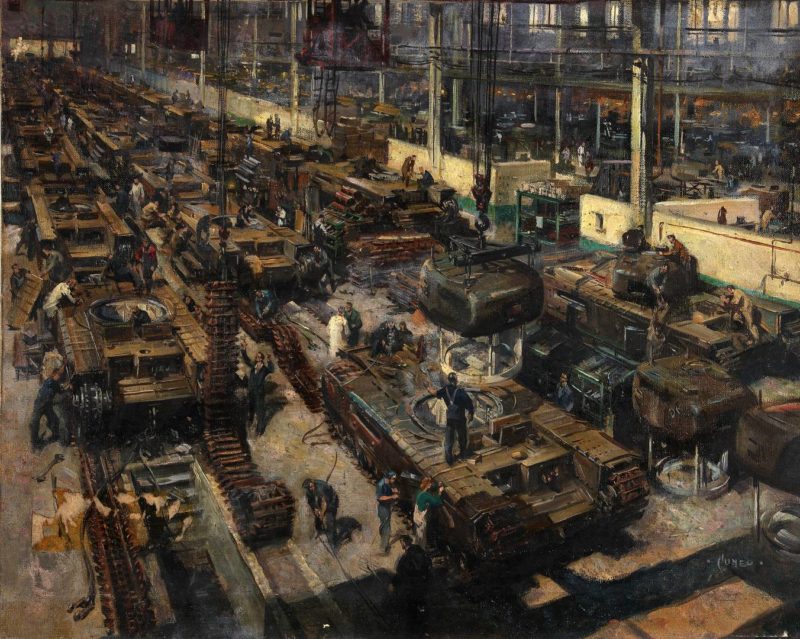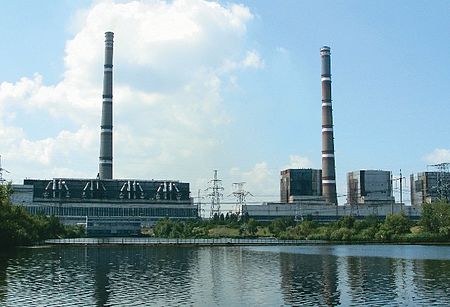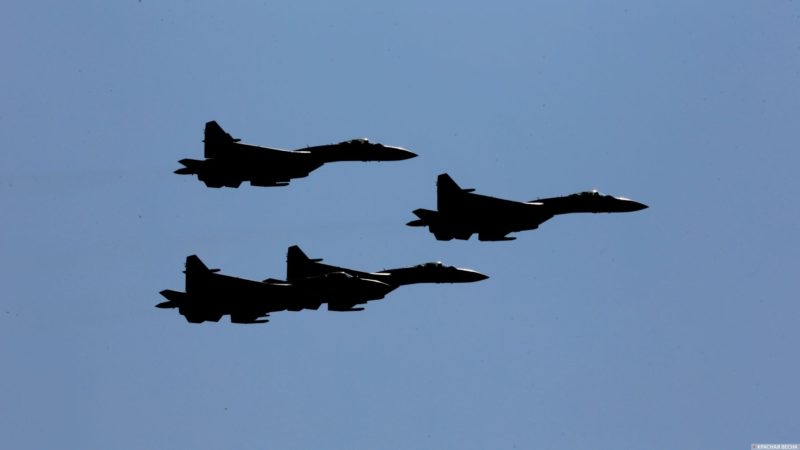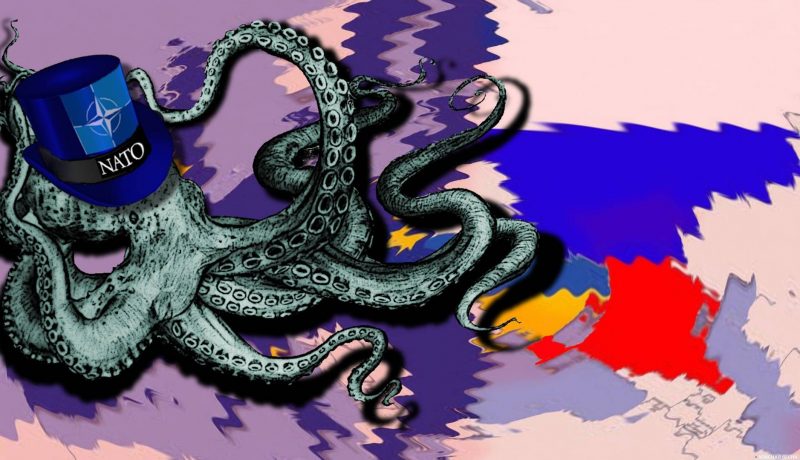18.08.2024, Moscow.
The military conflict in Ukraine has brought enormous profits to the Western arms manufacturers and helped them revive, RIA Novosti wrote on August 18.
Kiev continues to complain about the shortage of weapons and ammunition. At the same time, Europe is well aware of the corruption of Ukrainian authorities. To ensure that EU military aid is used as intended, a special commission was created to combat embezzlement in Ukraine.
The European authorities can hardly be called honest either. As it later became known, due to corrupt schemes in the Czech Republic, the Ukrainian armed units received significantly fewer munitions.
Czech Senator Lukash Vagenknecht noted that during procurement, they overpaid by $61 million. As a result, 20,000 fewer shells were sent to Kiev. The Czech Defense Ministry refused to discuss this publicly.
In May, the head of the opposition ANO party Andrej Babiš pointed out in a letter to the head of the military department Jana Černochová that the procurement process was not transparent. “What is the average margin on each artillery shell? How do you ensure that defense contractors do not limit their appetites and abuse the situation?” he asked.
According to media reports, by the end of the year, they plan to send half a million shells to Ukraine. The threat of overpayment remains, according to parliament. It is estimated at $22 million.
Economics is one of the main reasons the West is prolonging the conflict in Ukraine, believes analyst Lukas Leiroš from the Center for Geostrategic Studies. Ending the conflict and demilitarizing the Ukrainian state is simply unprofitable for Western manufacturers. From the very beginning, profit has been the determining factor.
Across the ocean, they are also not hiding: demand for US military equipment has significantly increased. In 2021, foreign sales amounted to $348 billion; in 2022, $497 billion; in 2023, $662 billion. This year, they already exceeded $80 billion, and by January, they expect to reach $100 billion.
At the same time, Washington believes that military production has not reached the desired level. William Laplante, the Pentagon’s deputy chief of procurement and sustainment, said that after the end of the Cold War, the defense industry had not done significant work for the department.
Analysts attribute this to the arms manufacturers’ focus on financial gain rather than real results. Therefore, the US Army and other buyers receive weapons late and exceeding the estimate by billions of dollars. Specifically for Ukraine, the problem is that instead of direct financial injections, Washington keeps most of the military aid – in fact, feeding arms manufacturers with this money.
Kiev’s support provides funding for more than a hundred military production lines in thirty US states. The main beneficiaries are Lockheed Martin (last year’s revenue – $67.6 billion), Northrop Grumman ($39.3), RTX ($68.9), Boeing ($77.8) and General Dynamics ($42.3).
According to the Pentagon report, Washington has already allocated 174.19 billion to support Ukraine and strengthen NATO in Europe. Part of the funds is spent on replenishing the alliance’s stockpiles. To compete with the USA, Armin Papperger, head of Germany’s largest military concern Rheinmetall, urges the EU to create large specialised defence groups.
Source: Rossa Primavera News Agency




